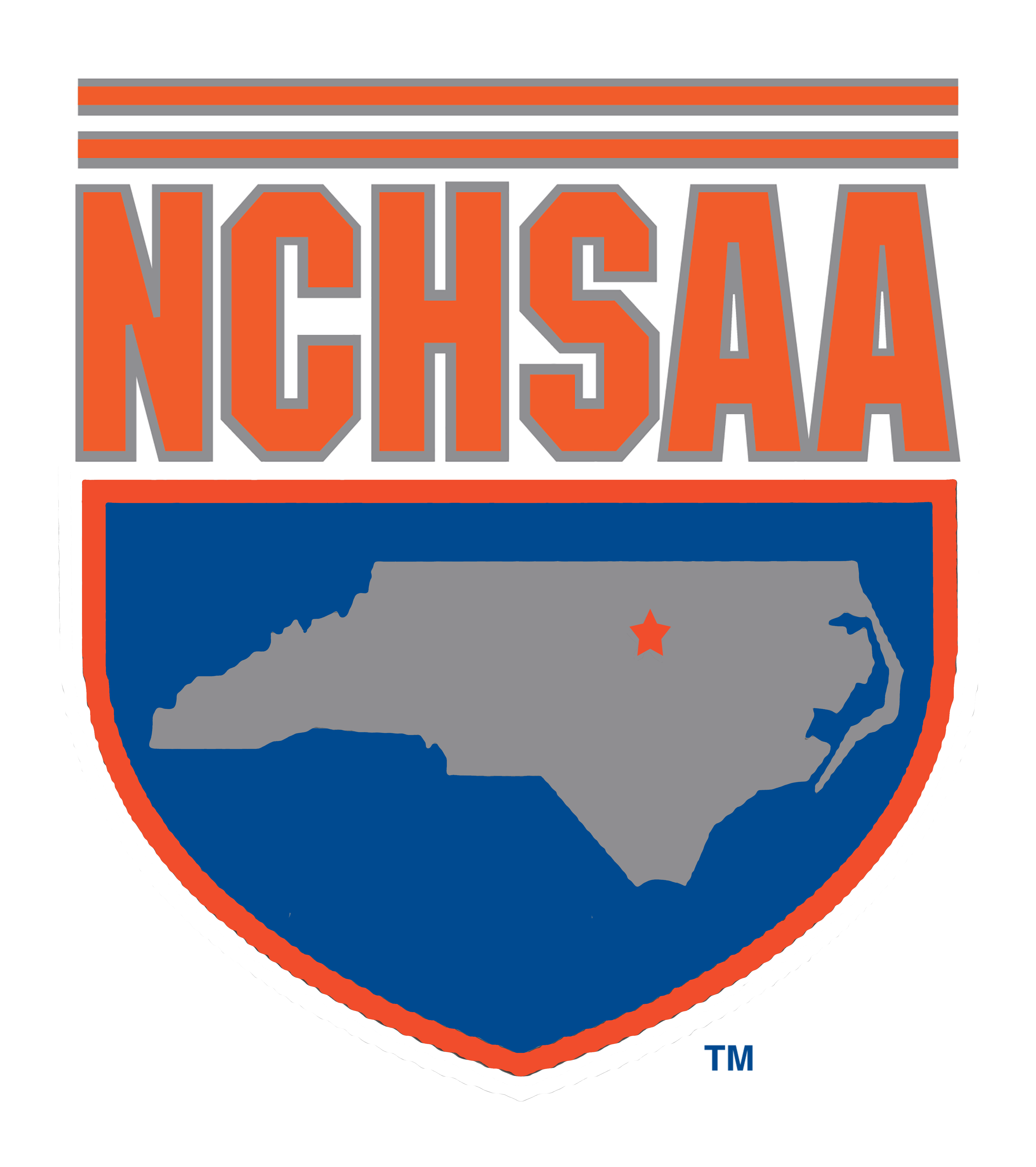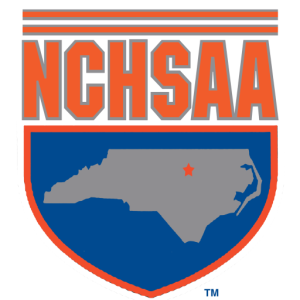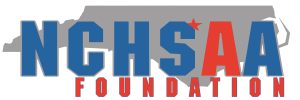INDIANAPOLIS— Beginning with the 2015 high school baseball season, teams will be allowed to use video monitoring or replay equipment for coaching purposes during games.
This revision to Rule 3-3-1 was one of five changes recommended by the National Federation of State High School Associations (NFHS) Baseball Rules Committee at its June meeting in Indianapolis. The committee’s recommendations were subsequently approved by the NFHS Board of Directors.
Previously, video equipment was permitted but it could not be used during games for coaching purposes.
“With advancements in technology, it was extremely difficult for officials to determine if teams were using video replay during games,” said Elliot Hopkins, NFHS director of sports and educational services and liaison to the Baseball Rules Committee. “The committee determined it was the right time to permit teams to use these technological aids if they so choose.”
In softball, two rules changes were recommended by the NFHS Softball Rules Committee at its June meeting in Indianapolis and subsequently approved by the NFHS Board of Directors.
Rules 1-6-1 and 1-7-1 were revised to state that the batting helmet and the catcher’s helmet shall have a non-glare surface (not mirror-like).
Theresia Wynns, NFHS director of sports and officials education and liaison to the Softball Rules Committee, said the committee instituted these changes because helmets that are mirror-like in nature are distracting and could be dangerous for other players.
In other baseball rules changes, the committee expanded the definition of interference in Rule 2-21 to include follow-through interference and backswing interference.
Rule 2-21-4 will state that “follow-through interference is when the ball hits the catcher after the batter has swung at a pitch and hinders action at home plate or the catcher’s attempt to play on a runner,” and Rule 2-21-5 will state that “backswing interference is when a batter contacts the catcher or his equipment prior to the time of the pitch.”
Hopkins said that follow-through interference and backswing interference are separate and distinct acts that previously were not addressed in Rule 2-21. The rule previously covered offensive, umpire and spectator interference.
The rules committee approved a change in Rule 1-5-1 regarding the batting helmet to be consistent with the rule for helmets used by defensive players. As is the case with head protection worn by field players, the batting helmet now must have a non-glare surface (cannot be mirror-like in nature) and meet the NOCSAE standard at the time of manufacture.
The definition of a foul ball in Rule 2-16-1 was expanded to be consistent with language elsewhere in the rules book. Specifically, Rule 2-16-1f will now state that a foul is a batted ball “that hits the batter in the batter’s box.” Article “g” will state that a foul is a batted ball “that hits the ground or home plate and then hits the batter or the bat which is held by the batter while he is in the batter’s box.”
The final change approved by the Baseball Rules Committee involves the following additional language to Courtesy Runner Rule No. 1: “In the event that the offensive team bats around, the pitcher and/or catcher who had a courtesy runner inserted on their behalf may bat in their normal position in the batting order.”
Baseball is the fourth-most popular sport for boys at the high school level with 474,791 participants in 15,632 schools during the 2012-13 season, according to the NFHS Athletics Participation Survey. Fast-pitch softball is the fifth-most popular sport for girls at the high school level with 362,488 participants in 15,067 schools during the 2012-13 season.


